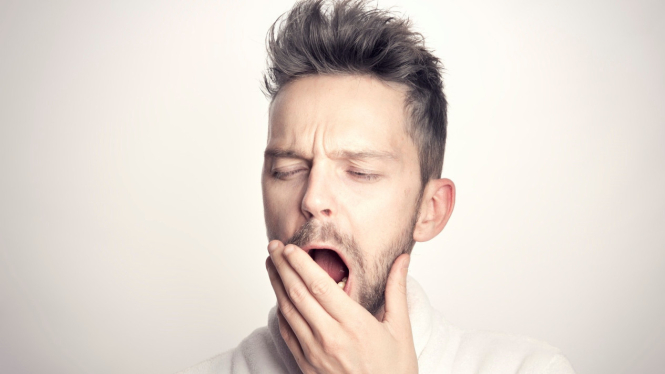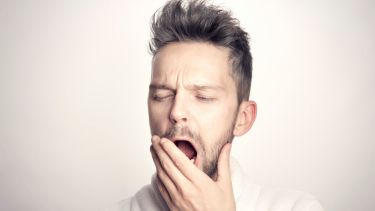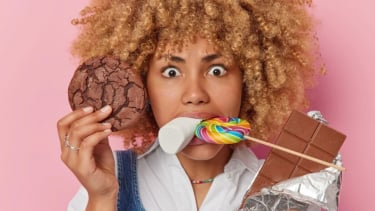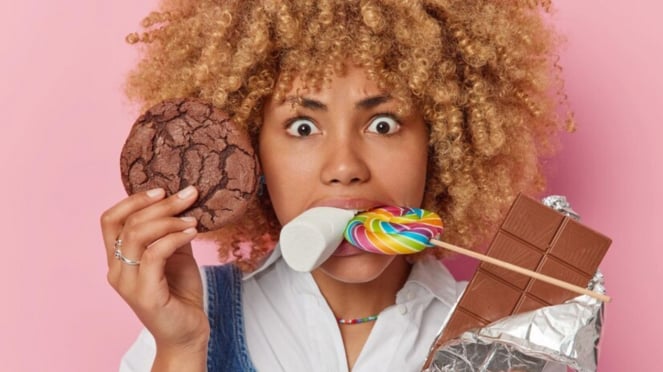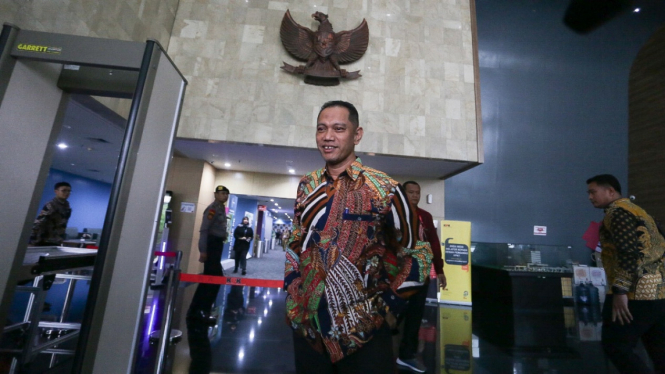- Pixabay
Jakarta – Most people feel sleepy after a large meal in the afternoon. This can be a natural result of digestion patterns and sleep cycles.
Factors that may play a role include the type and amount of food a person eats. Some types of foods and the timing of meals can also make people feel especially tired after lunch. A decrease in energy levels after eating is called postprandial somnolence.
Researchers have different theories about the cause of tiredness after eating, but they generally agree that it’s a natural response and not usually a cause for concern.
Ilustrasi sedang makanan.
- Pexels/Rachel Claire
Getting tired after lunch is relatively common. Someone may feel particularly tired, depending on what, when, and how much they ate.
Here are some reasons why someone might feel sleepy after lunch, and how to prevent it.
1. Increased blood flow to the digestive system
After a lunch, blood flow increases to the digestive system to aid in the process of digesting food. This can lead to decreased blood flow to the brain, which can result in increased drowsiness.
2. Consumption of carbohydrate-rich foods
High-carbohydrate foods, especially those with a high glycemic index, can cause a spike in blood sugar followed by a sharp drop. This can make a person feel lethargic and sleepy. For example, eating foods high in simple sugars or refined flour can cause significant fluctuations in blood sugar levels.
Ilustrasi konsumsi permen dan makanan manis berlebih
- Freepik: wayhomestudio
3. Serotonin production
Foods rich in tryptophan, such as meat, poultry, and fish, can increase serotonin production in the brain. Serotonin is a neurotransmitter associated with feelings of comfort and relaxation, which can trigger drowsiness.
4. Low blood sugar
People often talk about a “sugar crash” after eating. But for most healthy people, the body is able to tightly regulate blood sugar levels by releasing just the right amount of insulin during a meal. So the idea of a sugar crash is mostly a myth.
However, some people with underlying health conditions do experience a true drop in their blood sugar level after meals.
This is known as reactive hypoglycemia, or postprandial hypoglycemia, and it occurs about 2 to 5 hours after a meal. This is different from the regular post-meal sleepiness, which tends to happen 30 to 60 minutes after a meal.
5. Psychological factors
Lunchtime often involves taking a break from work or daily activities. This provides an opportunity for the body to relax, which, in turn, can increase drowsiness.
How to stop feeling tired after eating lunch, as suggested by Medicalnewstoday site.
1. Eat little and often: Rather than eating big meals, eat smaller meals and snacks every few hours to keep up energy levels. A piece of fruit or a handful of nuts should be enough to cure an energy dip.
2. Get good-quality sleep: A person who gets enough sleep at night is less likely to experience a significant post-lunch energy dip.
3.Go for a walk: Getting light exercise during the day, especially after eating, can help people feel less tired.
4. Take a short nap during the day: Try bright-light therapy. Authors of a 2015 studyTrusted Source found that exposing people to bright light after lunch reduced tiredness.
5. Avoid drinking alcohol with meals: Alcohol can make people feel more tired.

